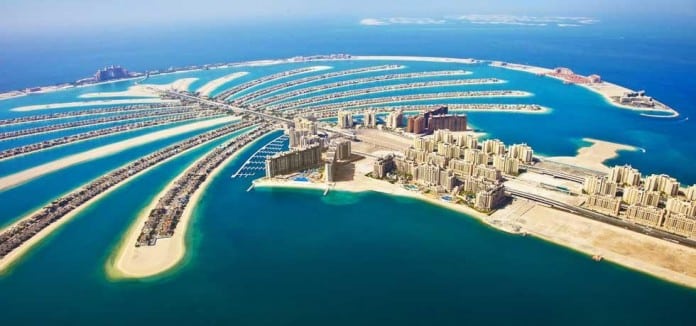
Many people are interested in investing in Dubai property but do not know how or where to start. And most likely, they are not aware of the available investment options.
With more than $1 trillion expected to have entered the global real estate market in 2016 alone, as reported by the CBRE Global Investor Intentions Survey 2016, real estate seems to be an attractive option for investors. However, for first-time buyers, navigating the real estate market can be overwhelming.
To get a head start on finding a viable and profitable investment, here are a few things to keep in mind.
Step 1: Identify your investment objective
According to a recent report, real estate is the third biggest billionaire-producing industry across the globe, accounting for over 9 per cent of the world’s 1,810 billionaires.
Real estate easily offers a way to earn significant yields. But unfortunately it doesn’t come with a one-size-fits-all rulebook.
The first step towards investing in dubai property is to know what you want. Are you looking for a holiday home or a rental opportunity to make some extra income? Set your investment goals straight, keep a deadline in mind, track your progress, and define your strategy.
For example, if you’re approaching real estate as a purely bricks and mortar purchase that will draw you revenue, you must realise that your investment doesn’t need to be close to home. The overseas market has much to offer with the likes of in-demand hotel apartment complexes, offering friendly returns and rentals.
Step 2: Understand the market dynamics
Do your homework and learn as much as you can about Dubai’s real estate market to pick a property that fits your bill. Look at historical investment evidence, current trends, and projected future outlooks.
Niche markets in growing economies are creating new property investment opportunities. This can be perfect for first-time investors as cities with growth potential, still in their early stages of boom, offer lower rates and friendly payment plans.
For example, Dubai is touted as a growing international destination for real estate investment, with many new projects, that meet the demands of international investors and first-time buyers in terms of architecture and amenities.
If you’re considering a villa, look for one that comes with a plot title deed, allowing full ownership and flexibility on the land plot in addition to the structure built on it.
If you are considering an apartment, it is important to be located in a freehold area, but not in a leasehold area.
Step 3: Do the maths
Working out the numbers comes in especially handy if you’re looking for a property with rental value. For starters, your expected rent (income) minus costs of maintenance, taxes, insurance, repairs, and so on (expenditure) is your cash flow. You want a steady, positive cash flow.
Beyond that, one of the most important metrics used is the capitalisation rate. It is the ratio of your net cash flow (income minus expenditure, per year) to the purchase price of your property. This ratio represents your return on investment and the higher the return, the happier your pocket. International up-and-coming markets like Dubai offer higher ROI compared to others and could be a viable option with annual tax-free returns reaching up to 10 per cent.
Step 4: Consider location
Be sure to always remember the number one rule in real estate – location, location, location. Price and expected ROI are dependent on how prime and attractive the location of the property.
Scenic views, proximity to transportation networks, facilities and schools, and future plans for the area are all factors that determine how prime a specific location is considered. Depending on the budget in mind, one can choose a prime location over size and vice versa.
Step 5: Find a good developer or real estate agent
While the stock market demands an in-depth knowledge before investing, the real estate market is anyone’s game.
If you’ve got an experienced and trustworthy real estate agent on board, it’s safe to say you’re in good hands. Consider the developer’s balance sheet and look at the quality finishing of the property at hand.
Once you’ve locked down a property, a reliable property manager can ensure the smooth upkeep of your property.
Making the most of your real estate investment is all about expertise, and most of all – patience. Take your time to make an informed decision, and you’ll be reaping the benefits for years to come.
*Ziad El Chaar is the managing director of Damac Properties




































